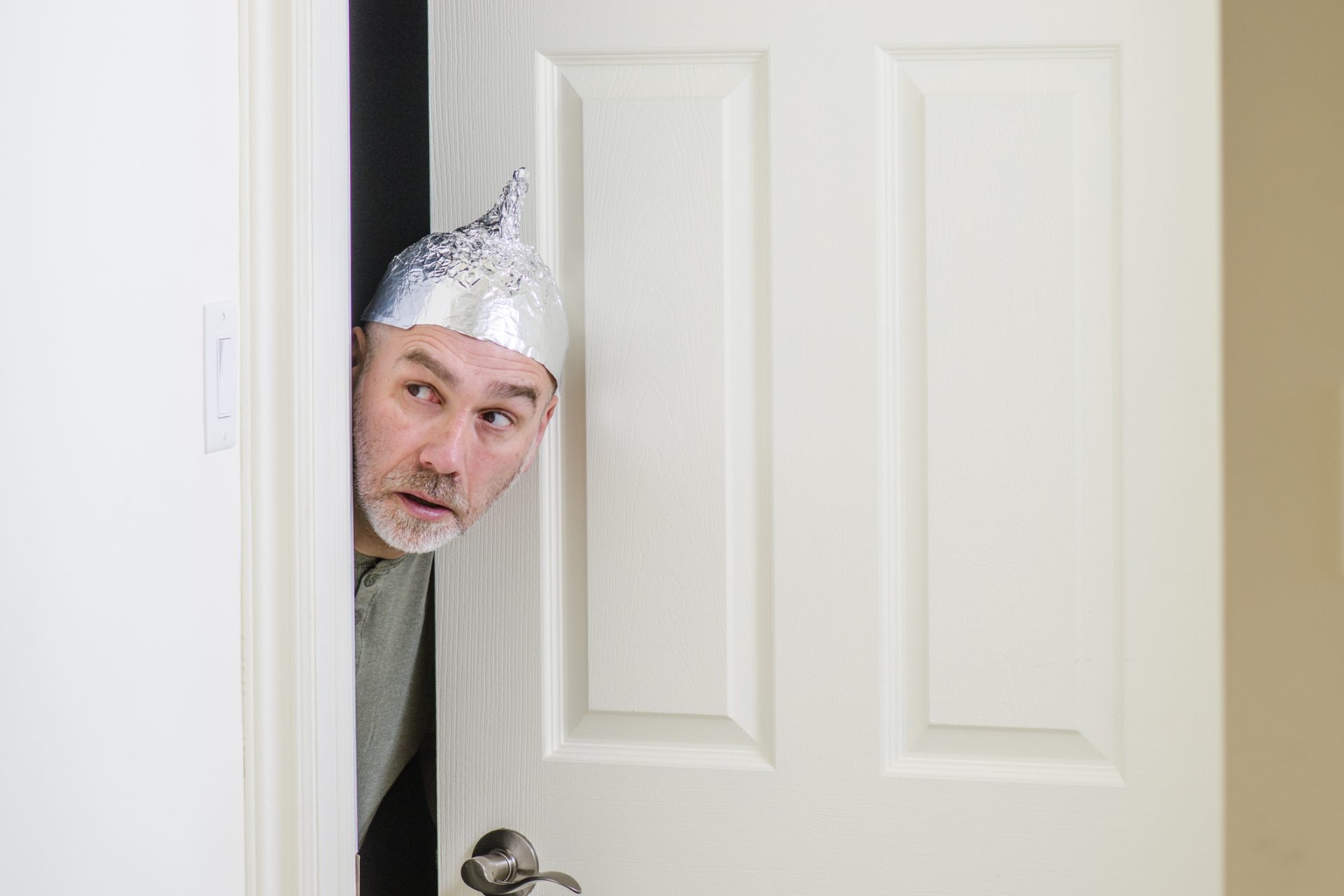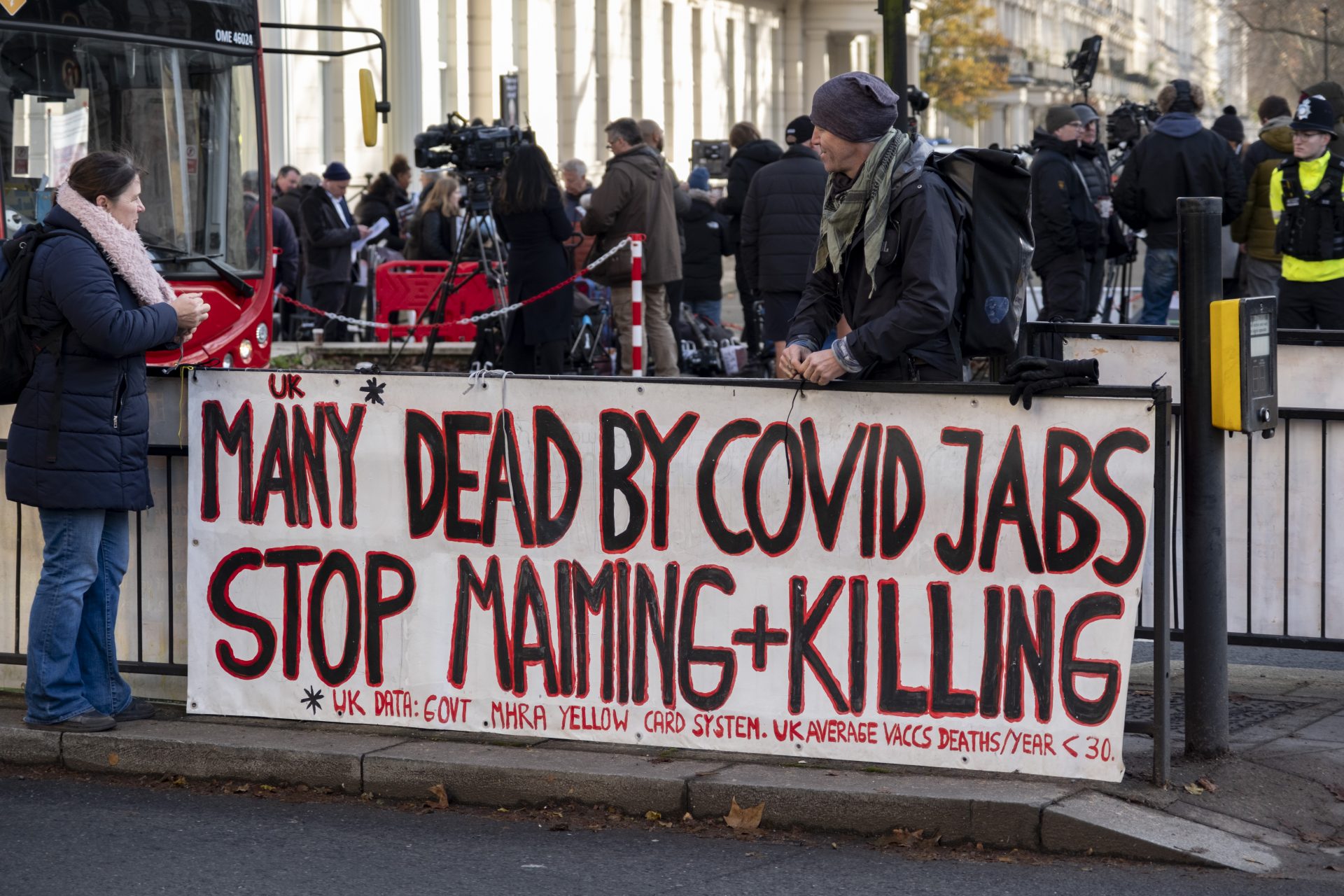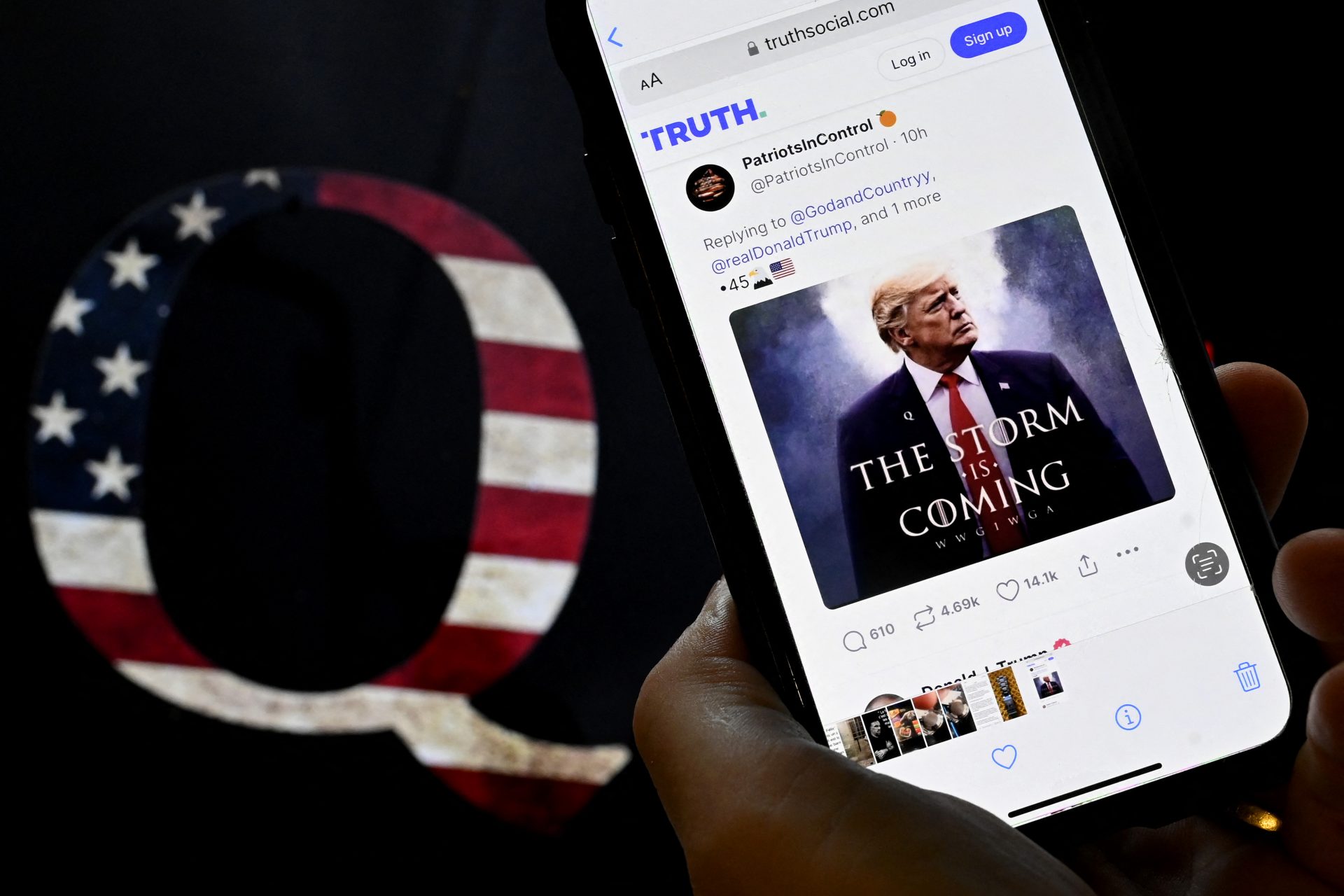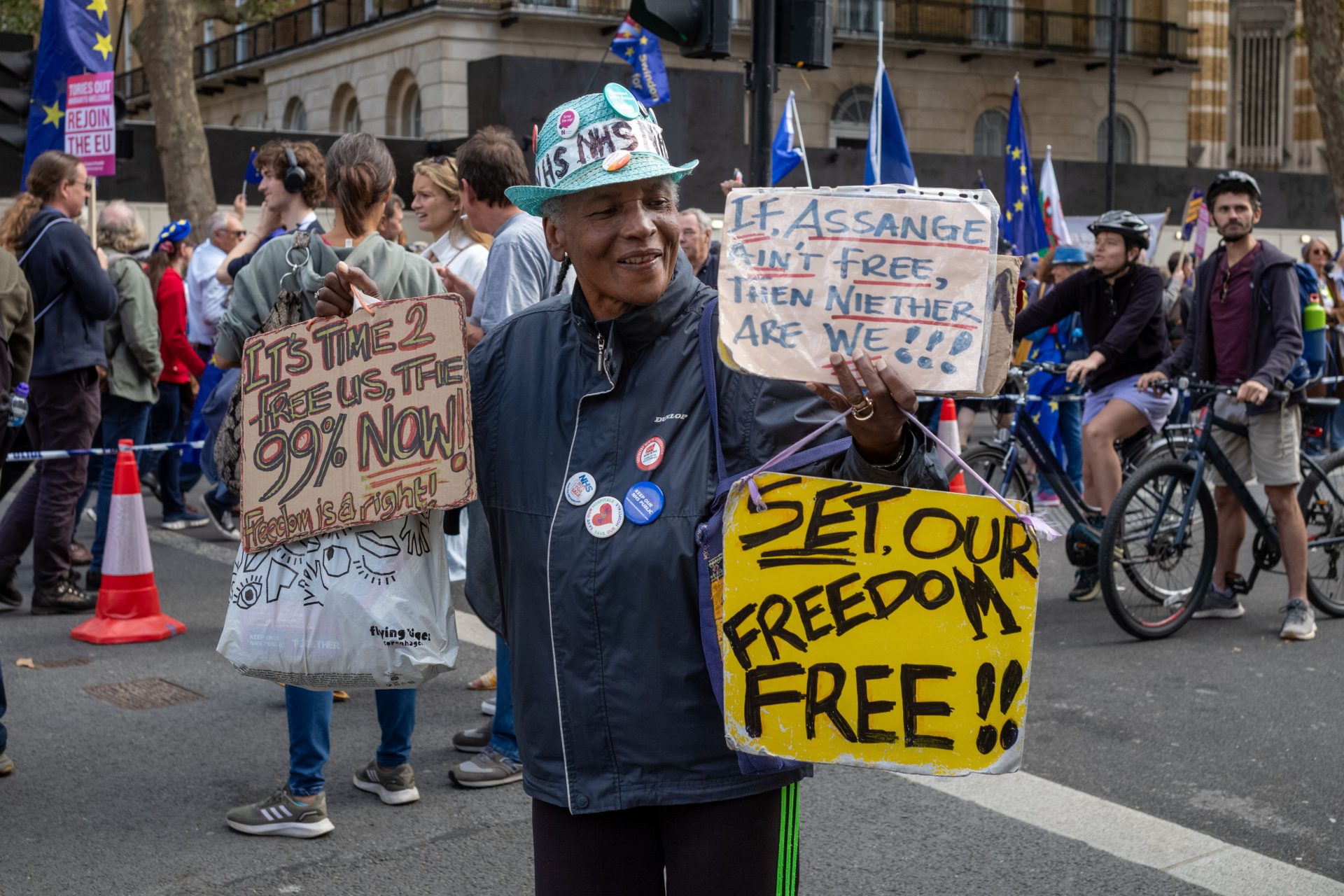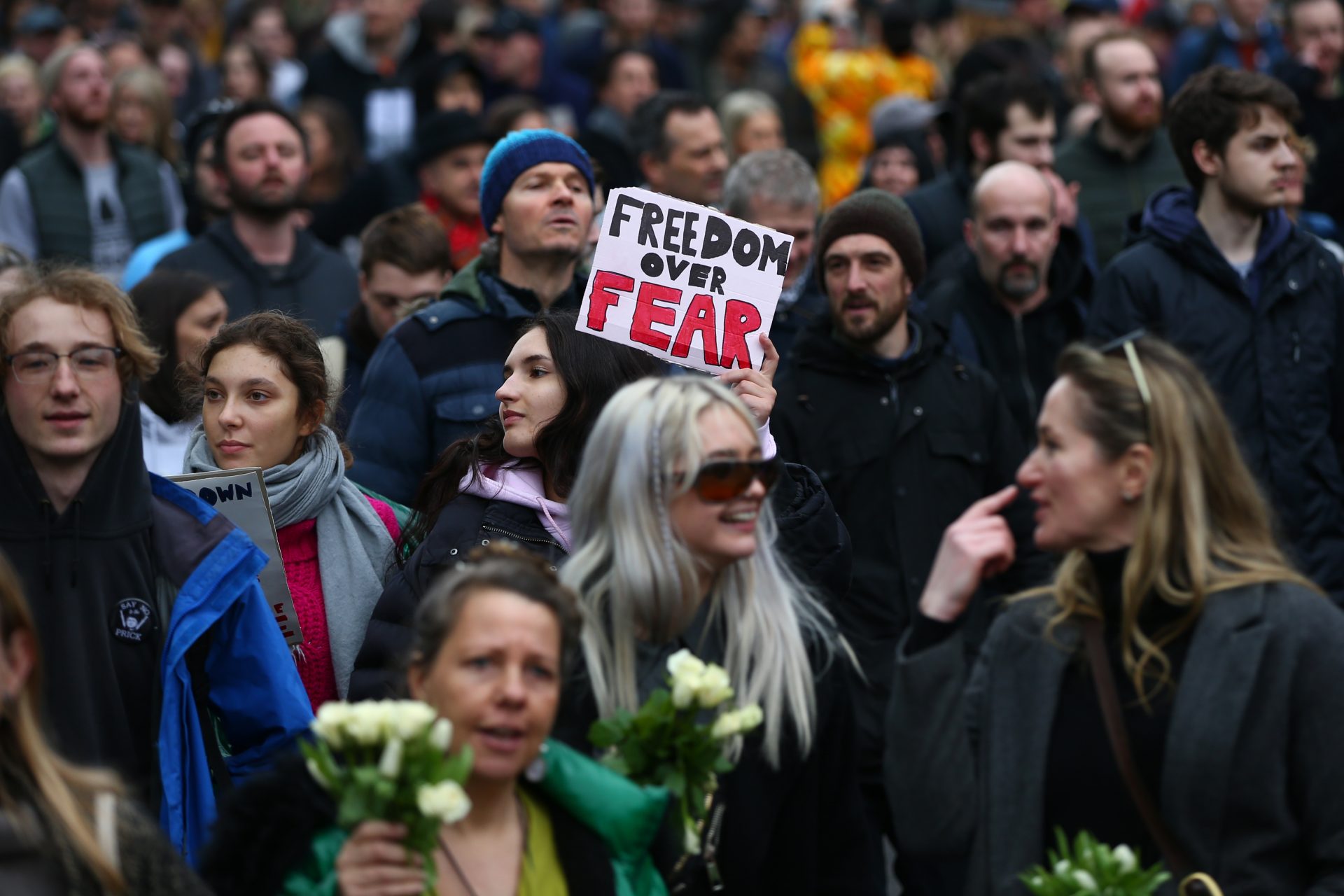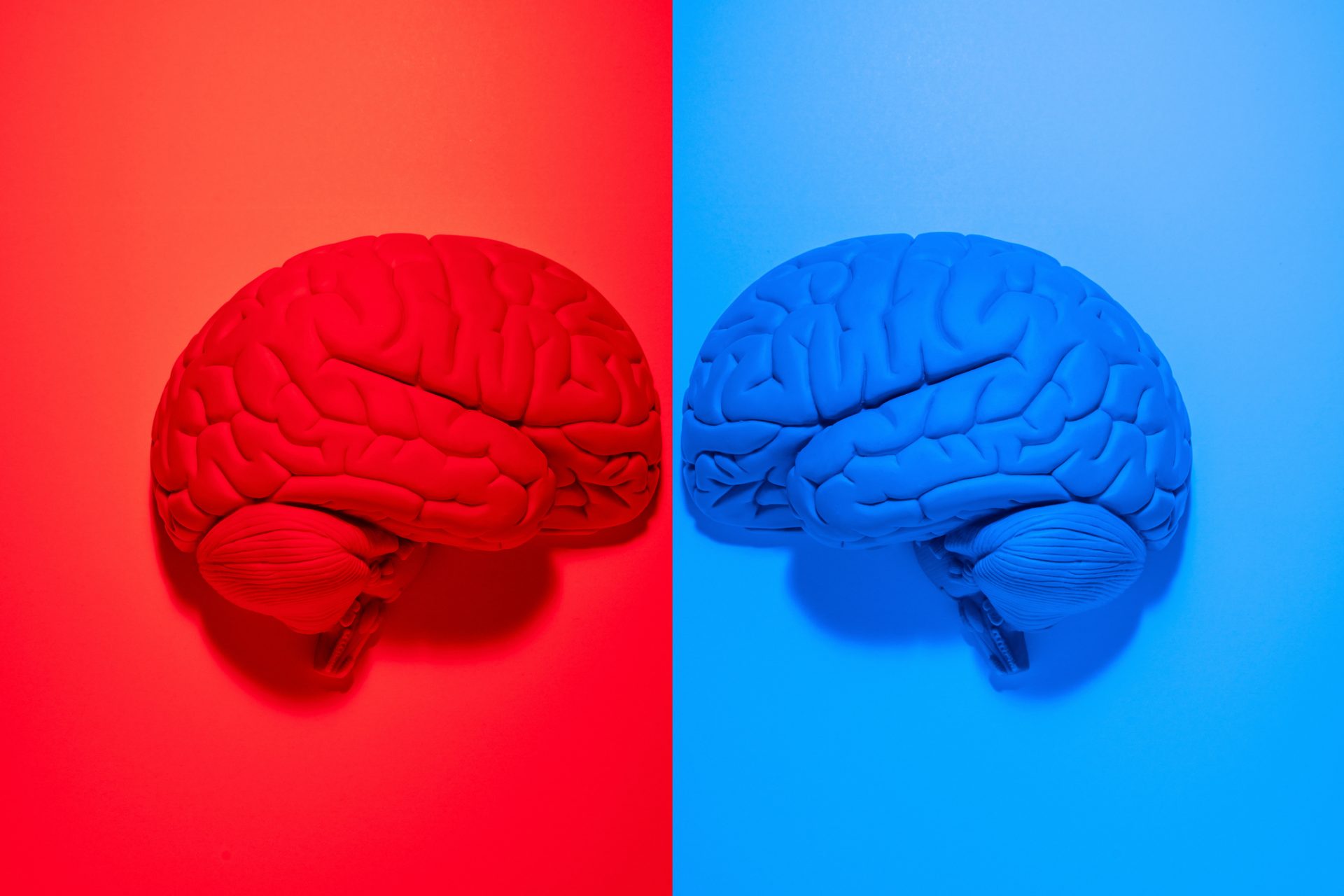Researchers reveal why people believe in conspiracy theories
Conspiracy theories have become one of the most interesting and dangerous aspects of modern society. From Chemtrails to the New World Order, some people seem to believe anything, and now researchers think they finally know why.
A groundbreaking study published in the journal Psychological Bulletin has revealed the reasons why some individuals believe in conspiracy theories. Curious as to what is going on? Let’s look at the study and its results.
Photo by Joel Muniz on Unsplash
This wasn’t just any old normal study. The researchers analyzed data from one hundred and seventy other studies in what is known as a meta-analysis study. Using the data they collected, a few common threads about belief in conspiracy theories were found.
Conspiracy theorists are not only influenced by their personal traits but also by their own deep emotional needs according to PsyPost’s review of the research. Some people may require certainty about things happening in the world while others need to feel understood by society.
“Conspiracy theorists are not all likely to be simple-minded, mentally unwell folks,” study lead author Shuana Bowes explained in a press release. “Instead, many turn to conspiracy theories to fulfill deprived motivational needs and make sense of distress and impairment.”
The research is fascinating but before we dive into the details, it's important to know that the study defined conspiracy theories as the “causal explanations of events that ascribe blame to a group of powerful individuals (the conspirators).”
The conspirators needed to have been operating in secret to hide their plans, benefiting themselves while hurting the common good. Conspiracy theories need a conspirator, a hidden plan, and a part that hurts the broader society whether or not the theory is true.
After reviewing the current research on conspiracy theories, the researchers compiled a list of 52 motivational and personal traits together that they believed were associated with a belief in conspiracy theories and they were remarkably accurate.
Bowes spoke with PsyPost’s Eric Dolan about the research and noted that she was surprised by the fact that roughly 90% of the 52 variables “demonstrated some degree of association with a tendency to believe in conspiracy theories.”
Bowes added that the results of the study suggested that a belief in conspiracy theories was a more complicated psychological complex than she had previously thought. So what were the major predictors of conspiracy theory believers?
The research supported the “tripartite motivational model” of conspiracy belief. This just means that conspiracy belief is driven by three factors: understanding one’s environment; feeling safe and secure; and having a superior (albeit fragile) image of one’s self.
“Our findings reveal that motivations at large are important, perhaps even essential, pieces of the conspiratorial ideation puzzle,” the study’s authors wrote, noting that their discoveries were consistent with other research on the topic.
“These results largely map onto a recent theoretical framework advancing that social identity motives may give rise to being drawn to the content of a conspiracy theory, whereas people who are motivated by a desire to feel unique are more likely to believe in general conspiracy theories about how the world works,” Bowes explained in the press release on the research.
A person's inability to think analytically was a key indicator of one’s belief in conspiracy theories when it came to motivational explanations according to PsyPost. Powerlessness, existential threats, and cynicism were also important predictors.
Alienation and low self-esteem were linked to a higher likelihood of belief in conspiracy theories but how conspiratorial beliefs related to personal traits was arguably the much more interesting and revealing aspect of the research.
Belief in conspiracy theories was linked with abnormal traits like paranoia, hostility, and one’s tendency to have unusual experiences while normal traits associated with the ‘Big Five’ personality traits (extraversion, agreeableness, openness, conscientiousness, and neuroticism) only had a small link conspiracy belief.
The findings could mean that the belief in conspiracy theories is an issue far more prevalent in parts of the population that suffer from personality disorders, PsyPost noted. However, three factors stood out the most to researchers.
“Three domains were the strongest predictors of conspiracy belief: tendencies to have odd beliefs and experiences, perceive threat and danger, and be antagonistic or feel that you are superior to others,” Bowes explained to PsyPost.
Unfortunately, the data that was gathered was from mostly English-speaking countries, which means the results of the research aren’t as robust as they could be. However, the work does certainly help us better understand conspiracy theorists.
“These findings are correlational—it’s still unclear whether the strongest correlates actually cause conspiracy belief,” Bowes told PSyPost. “Longitudinal, experimental, and developmental work is needed to address causes of conspiracy belief.”
“Conspiracy belief is particularly interesting because it is a self-reinforcing belief system that is difficult to change,” Bowes also explained to PsyPost. “Conspiracy belief can be highly consequential, so it is important to identify ways to intervene on conspiracy belief.”
More for you
Top Stories



